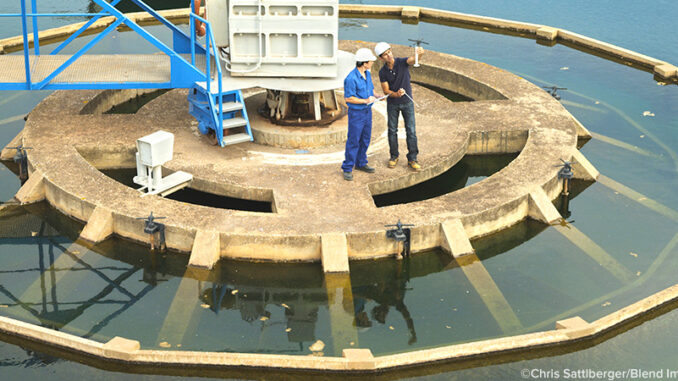
Nearly 100,000 residents of Flint, Michigan (66 miles north of Detroit) are without safe drinking water and at risk of lead poisoning. The city’s water supply has been contaminated, which means people cannot safely cook, drink or even brush their teeth with tap water. Local, state and the federal government are now involved, as well as lawyers advocating on behalf of those affected.

What Happened?
For more than a year, Flint residents reportedly voiced their concerns about the quality of their water supply—discoloration and strange taste being the major complaints. Government officials repeatedly denied that there was anything wrong. In the face of undeniable evidence, Michigan governor Rick Snyder finally declared the water a public safety issue.
The problem stemmed from a decision in 2014 to switch the source of the city’s water supply from Lake Huron to the Flint River. The decision was a financial one, intended to save the city millions of dollars. The process has been switched back, but scientists still say the water remains unsafe for consumption. Officials at the Michigan Department of Environmental Quality are being accused of a number of negligent decisions that put residents at risk.
Effects
The major health concern is the level of lead in the water. Lead is a neurotoxin, which means that it is particularly dangerous to the nervous system. In the 1970s, parents across the United States began to see the effects of lead contamination in their children, such as developmental problems. This was often the result of corroded plumbing and the wide-spread use of lead-based paint in homes and on products like cribs.
Legislation was passed in 1978 to eliminate exposure by banning the use of lead-based paint in housing. According the Centers for Disease Control (CDC), there is no “safe” level of lead in children. Many residents of Flint have reported “brain fog,” hair loss and painful rashes on their body. One county has seen a spike in Legionnaires’ Disease, a form of bacterial pneumonia.
Solution
President Obama made a visit to the city after declaring a state of an emergency for the city. This declaration will allow Flint to receive federal aid. The National Guard and Michigan state troopers have been dispatched to Flint, as well as representatives of the Federal Emergency Management Agency (FEMA). They are handing out bottles of water to residents.
There is no “simple fix” for this problem. Newly-elected Flint mayor, Karen Weaver says that fixing the water infrastructure could cost as much as $1.5 billion. This means flushing out contaminants from the current water supply, repairing damaged and corroded pipes, and the possible replacement of up to 500 miles of underground pipe. Michigan governor Rick Snyder appointed a point person from the state’s Office of Urban and Metropolitan Initiatives to create new funding methods to assist in replacing aging infrastructure in Flint as well as other urban cities across the state.
